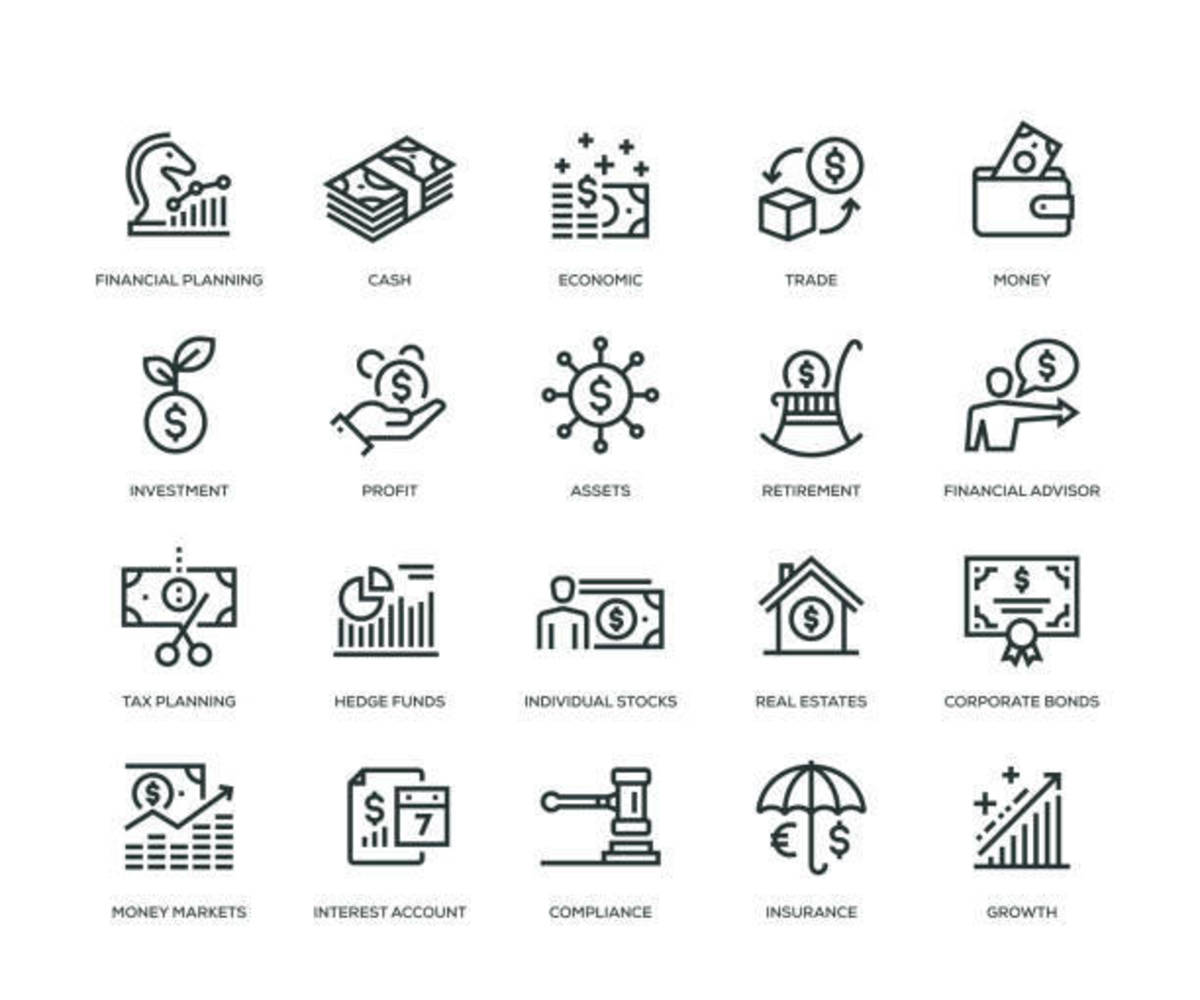How to Fix Your Credit and Improve Your Credit Score
Your Credit Report and What it Says About You
Anyone who has ever tried to buy a car, or get a loan for a house, knows that - as consumers - we are all haunted by this queer document known as a credit report. To a certain extent, it's like Santa's list: it lets potential creditors know whether we've been naughty or nice with respect to our personal finances. If it turns out that you have been naughty, the potential consequences can be a lot worse than just a lump of coal in your stocking.
However, even if you've been naughty, it doesn't mean you have to stay on the bad-boy list forever. There are ways to address the situation and start repairing your credit so that eventually creditors will flock to you, as opposed to you having to go through flocks of them.

Your FICO Credit Score: A Quick Overview
Your FICO score or credit score is a composite of 5 different factors, each of which is given a certain amount of weight:
- Payment History - this factor accounts for 35% of your credit score
- Level of Debt - 30% of your credit score comes from this area
- Length of Credit History - 15% of your credit score will be derived from this category
- New Credit - accounts for 10% of your score
- Types of Credit - 10% of your score is derived from this variable
In retrospect, it's clear that payment history and debt level will have by far the largest impact on you credit score, so great attention needs to be given to those areas - not that the others can be ignored.
*FYI: FICO stands for Fair Isaac Corporation, a company which provides - among other things - credit scoring services to banks, credit reporting agencies, and various other organizations.
(Image source: AllPosters)

Check Your Credit Report
This is on the very first page of the credit-repair playbook: You have to check your credit. How can you repair it if you don't know what's wrong? And how will you know what's wrong if you don't review it?
Fortunately, the federal government has made it easy for you to conduct such a review. Each of the major credit reporting agencies - Equifax, Experian, and TransUnion - are required to provide you with a copy of your credit report annually. What this means is that you actually have the ability to check your credit report every 4 months; you simply request your report from one of the credit reproting agencies, then from a second 4 months later, and from the last 4 months after that. Then you just start the process all over again.
In addition, you're entitled to a copy of your report if a company takes adverse action against you - such as denying you credit - because of information contained in the report.
(Image source: AllPosters)
Dispute All Discrepancies
One of the primary items you are reviewing your credit report for is incorrect information. For instance, if you have a common name - say, John Smith - there may be items that appear on your credit report that don't relate to you: credit cards you never possessed, car loans you never received, etc. Assuming you are not the victim of identity theft, these may be items that inadvertently found their way onto your credit report, and you need to request their removal. (And should you suspect you are the victim of identity theft, please see my hub on that issue: Identity Theft Defense and Protection.)
Also, just because there are no improper creditors on your report, don't simply assume that everything is fine. Creditors will often make mistakes, such as stating that you missed a payment or paid late, when in fact you did not. Other discrepancies may concern your address, whether you've been sued, whether there are outstanding judgments against you, etc. Basically, you have to review the credit report very thoroughly from top to bottom and dispute any discrepancies that you find.
Request that Negative Information More Than 7 Years Old Be Removed
Your credit history has the biggest impact on your credit score. Fortunately, if it's more than 7 years old, you can have negative information removed from your credit report. Thus, for example, if you had a car repossessed 8 years ago, you can have that information removed simply by making a request to the credit reporting agency. The only caveat to this is that if you have declared bankruptcy, then the information remains on your report for up to 10 years.
Of course, the previous paragraph only applies to negative information, like delinquencies and failures to pay. If you have a long-term credit relationship that reflects positively upon you as a consumer (e.g., you've always paid on time), you want that information to remain on your credit report no matter how old it is.
To the extent there is negative information that is less than 7 years old, it doesn't hurt to try to negotiate with your creditor to see if they're willing to remove negative indicators like charge-offs or delinquent payments. They're not obligated to do so, but if they refuse you're in no worse position than you are right now. And who knows? You might just get them to agree...
Your Current Debt
Now that you've addressed as many of the negative indicators as possible with respect to your credit history, it's time to turn to the present. The second-biggest factor affecting your credit score is your level of debt - how much of your credit your are currently using.
If you are always near your credit limit, it will have a negative effect on your score. Your goal, then, is to pare down the amount of debt you have. Doing so can give a big boost to your overall credit score. Therefore, if necessary, you may need to look for ways to save money in order to have additional funds to apply to any high balances. (To the extent you are looking for ways to cut spending, please see my hub on that issue: Cut Spending, Save Money and Trim Your Budget.)
Length of Credit History, New Credit and Types of Credit
Simply put, a longer credit history is better than a shorter one. A lengthy credit history provides and impression of what tyype of borrower you'll be and reduces the amount of perceived risk that is associated with granting you credit.
As to new credit, a bunch of new accounts opened in close proximity can have a negative effect on your score. Basically, new credit often translates as a greater risk.
Finally, having a mix of different types of credit - car loans, credit cards, mortgage, etc. - is considered more favorably than a single type of credit. Basically, this is viewed through the lens of you being a better credit risk because of your ability to manage different types of credit. (Of course, one should not interpret this as a mandate to race out and get various types of credit just for the sake of having them. It's more in tended to stress the importance of properly overseeing your use of different kinds of credit.)
Your Final Credit Score
In short, as already noted, the two biggest factors affecting your score will be payment history and level of debt. Addressing problems in those two areas - in addition to any of the other factors - should help repair your credit as well as result in an increase in your credit score.








